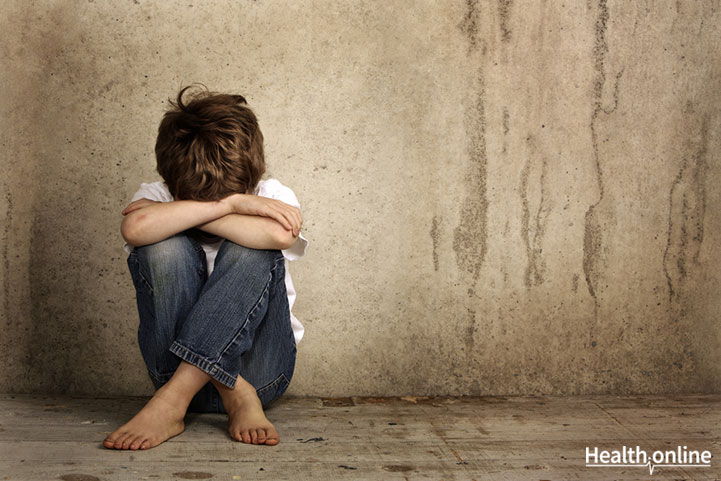
Helping Your Child Deal with a Phobia
A little bit of anxiety and fear in kids is normal. But when your child begins to display signs of fear without any real cause for worry then perhaps it is a phobia. Phobia is the irrational or illogical fear of something or someone. Your child’s phobia is simply an anxiety that is manifesting due to some trauma, genetic factors or brain’s chemistry. There can be different types of phobia affecting children. Social anxiety in children is quite common and can stem from your child’s low confidence. Dental phobia is also quite common is kids perhaps due to discomfort associated with dental work. Phobia of flying is a type of situational phobia that can occur due to first-hand or second-hand experience of trauma. Perhaps your child watched a news item about a flying accident or may know someone who was in an airplane accident.
For successful phobia treatment, it is important to deal with it in a timely manner.
Here are some ways you can help your child overcome a phobia
Accept it as something real
For your child’s phobia or anxiety treatment , you need to accept it as something real. Yes, phobias may seem illogical to others. But for those dealing with them, especially a child, the fears are real.
To help your child overcome phobias, you need to be ready to deal with a situation that has no real cause of worry. But accept that the reason for your child’s phobia (however irrational you think it is) may be impacting them in real ways and can mar them for life.
Recommended Read: Types & Symptoms of Anxiety Disorders
Understand the phobia
Before dealing with a child’s phobia, it is important to understand the triggers or the source of the anxiety for the same. Any kind of anxiety in teenagers or younger children stems from some direct or indirect experience about an object, situation or a person. If your child is afraid of going to the school or not inclined to go to birthday parties then what is the source of this anxiety? Why is your child afraid of birds or reptiles? To understand the child’s phobia, gentle communication is important. Don’t scold or ridicule the child for being afraid of something trivial. Make your child feel safe about talking about their phobias to you. Did something happen in school to trigger their phobia of social situations or public speaking? Do they have nightmares about a news item she saw on TV about accidents or animals?
Teach them coping techniques
Avoid mollycoddling them when they show signs of fear. It can make the fear worse for kids. Younger kids may even feel encouraged to be more afraid if you pay them more attention when they are overly anxious about something. Positive statements can help your child feel confident about taking action towards overcoming their fears. Statements like ‘I am safe, or ‘flying is safe’ are a good practice. Teach them to pause and breathe when anxiety about something begins to take over.
Help them visualize successful outcomes of a situation like speaking in public without stammering or a dental visit without discomfort. If your child has nightmares about a situation, help them practice visualization techniques before sleeping. If your child refuses to go to the park due to social anxiety, accompany them for a few days. Let them see the situation from a closer perspective.
By doing all of the above, you will be able to make considerable headway when it comes to helping your child cope with a phobia. Of course, if you feel that you aren’t making enough progress on your own, it’s essential to consult a professional.
Keep yourself updated with the latest on Parenting . Like us on Facebook and follow us on Twitter for more on Health and Family Planning & Pregnancy . Also, check out our Health Tools and try out our health-related Quizzes .




